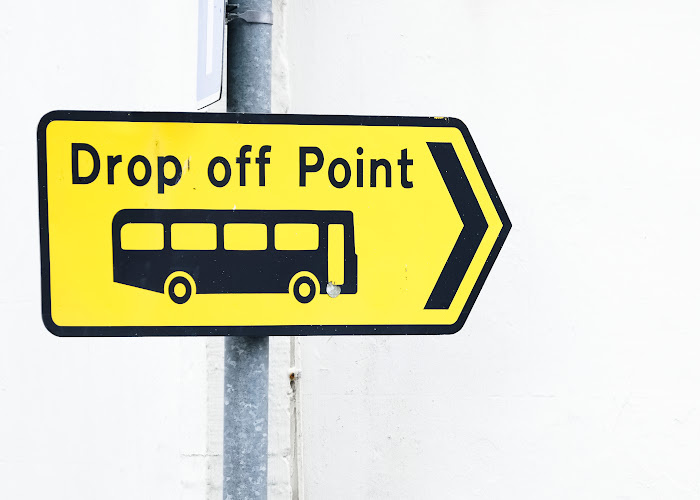Are you planning a trip and wondering about the Heathrow drop off fee and parking…
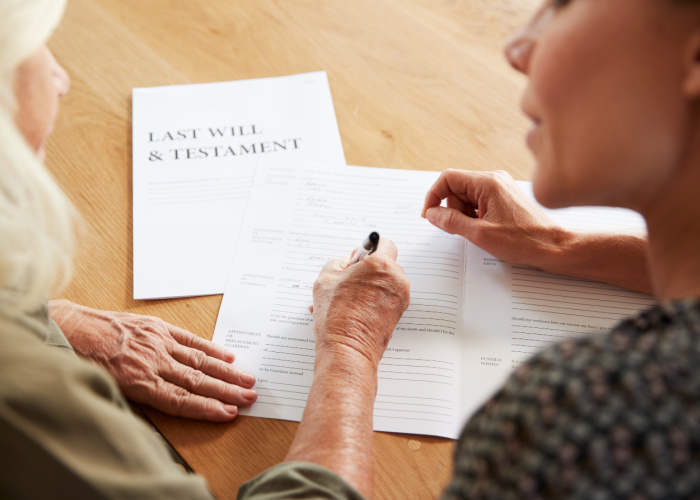
What You Should Never Put in Your Will UK: Do’s and Don’ts
Planning for the future is a task that many of us find daunting, yet it’s an essential part of life. One such plan that requires our attention is the creation of a will. A will is a legally binding document that outlines how you want your assets to be distributed after your death.
It’s a way to ensure that your wishes are respected and your loved ones are taken care of. However, the process of writing a will can be complex and there are certain things that you should avoid including in your will.
This blog post aims to guide you through what you should never put in your will in the UK, helping you navigate this important task with ease and confidence.
Key Takeaways
- Avoid Common Will Mistakes: Ensure all assets are considered, keep your will updated with life changes, and follow legal signing procedures to avoid invalidating your will.
- Know What Not to Include: Exclude funeral instructions, jointly owned property, conditional gifts, and attempts to dodge inheritance tax from your will for clarity and legality.
- Regularly Update Your Will: Adapt your will to reflect new assets, life partnerships, and financial shifts to prevent disputes and ensure your wishes are honoured.
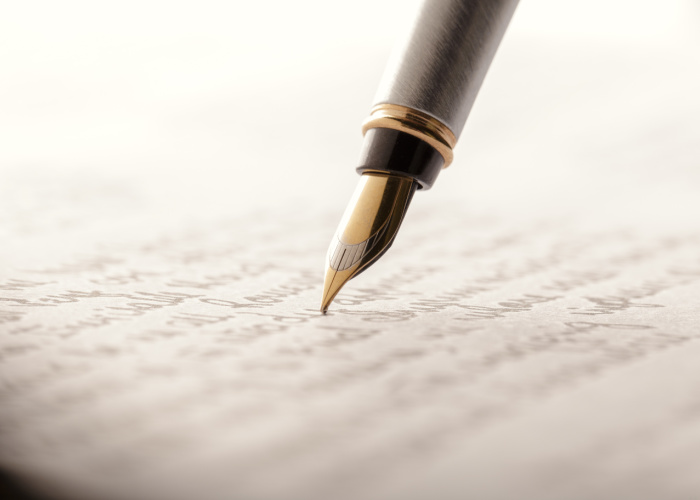
Understanding Wills
A will is more than just a document. It’s a way for you to express your final wishes and ensure that your assets are distributed according to your desires after you’re gone. In the UK, a will becomes a legally binding document once it’s properly written and signed. This means that the executors and the courts have a legal duty to follow the instructions it contains.
Writing your own will can seem like a daunting task, but it doesn’t have to be. There are professionals who specialize in this field and can provide valuable advice. Will writing services are available to guide you through the process, ensuring that your will is legally valid and accurately reflects your wishes.
However, it’s important to remember that not everything can or should be included in your will. In the following sections, we’ll explore some of the things that you should avoid when writing your will. We’ll also discuss some common mistakes that people make, and provide tips on how to avoid them.
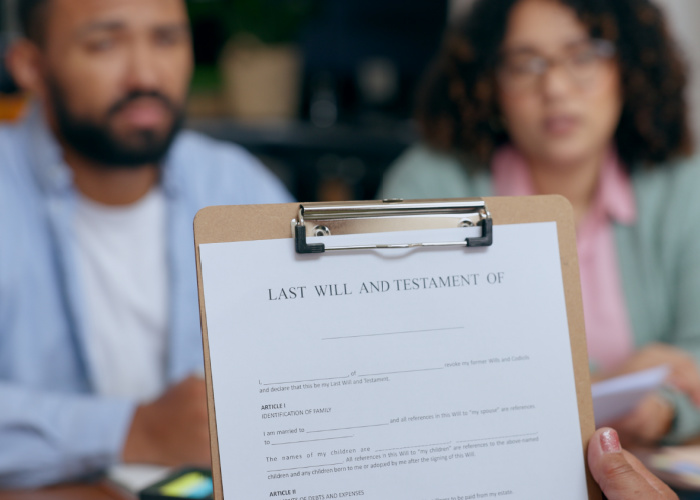
Common Mistakes to Avoid
When it comes to writing a will, even the most well-intentioned individuals can make mistakes. These errors can range from minor oversights to significant legal blunders that could potentially invalidate the will.
Here are some of the most common mistakes that people make when writing a will:
- Not Considering All the Assets: When you write a will, it’s crucial to take into account all the assets of your estate. This includes not just obvious things like property and savings, but also less tangible assets like intellectual property rights or shares in a business. Executors have the responsibility of collecting and managing all these assets, including handling paperwork, debts, taxes, and distribution to beneficiaries.
- Not Updating the Will: Life is constantly changing, and so too should your will. Major life events such as marriage, divorce, the birth of a child, or the death of a beneficiary should trigger a review of your will.
- Improper Execution: For a will to be legally valid, it must be properly signed and witnessed. This means that it must be signed by you in the presence of two witnesses, who must also sign the will in your presence.

What Not to Include in Your Will
While a will is a comprehensive document that covers the distribution of your assets, there are certain things that should not be included. Here’s a list of items that you should avoid:
- Funeral Instructions: While it may seem logical to include your funeral wishes in your will, it’s not the best place for them. This is because wills are often not read until after the funeral. It’s better to communicate these wishes separately to your loved ones or executor.
- Certain Types of Property: Jointly owned property, life insurance proceeds, retirement accounts, and assets in a living trust are typically passed on to the named beneficiaries or surviving co-owners, regardless of what your will says.
- Conditional Gifts: While you can leave gifts to beneficiaries, UK law is very strict about conditional gifts. For example, you can’t leave a gift to someone on the condition that they marry or divorce a certain person.
- Avoiding Inheritance Tax: Attempting to avoid inheritance tax through your will can lead to legal complications. It’s important to seek professional advice to understand the tax implications of your will.
- Overseas Property: Laws regarding property vary from country to country. If you own property overseas, it’s advisable to make a separate will in that country.
- Social Media Accounts: While it might seem like a good idea to include instructions for your online accounts, it’s better to use a separate document for this. Many social media platforms have their own policies for handling accounts of deceased users.
Remember, the key to a successful will is clarity and legality.
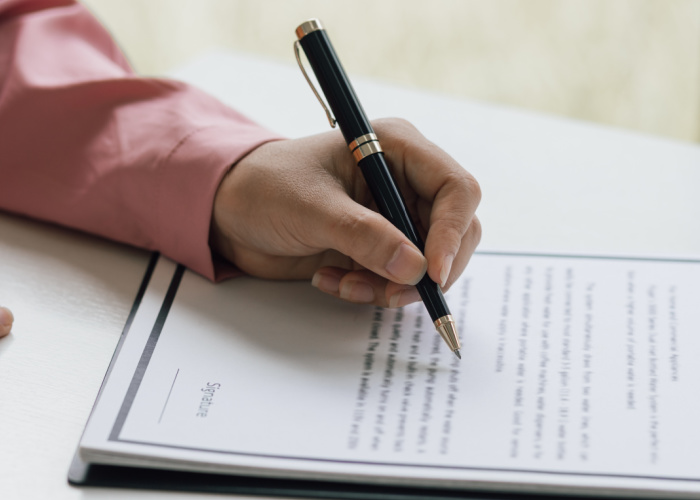
The Importance of Updating Your Will
Life is a journey filled with unexpected twists and turns. As your life evolves, so should your will. A new will should be written if there are significant changes in your life. This could include entering into a civil partnership, the birth of a child, or even a change in your financial circumstances.
For instance, if you acquire new assets such as property or investments, it’s important to update your will to reflect these changes. Similarly, if your financial situation changes significantly, it may be necessary to revise your will to ensure that your estate is distributed according to your current wishes.
Remember, an outdated will can lead to disputes and complications among your loved ones after your death. Therefore, regular updates to your will are crucial to ensure that it accurately reflects your current situation and wishes. It’s also essential to review and potentially update an existing will when significant life changes occur to ensure it remains aligned with your current intentions and circumstances.
The Role of Executors
An executor is a person or institution appointed in your will to carry out the terms of the will upon your death. Executors play a crucial role in the execution of a will. They are responsible for gathering the assets of the deceased, paying any debts and taxes, and distributing the remaining assets to the beneficiaries as specified in the will.
Choosing the right executor is a critical decision. You should choose executors who are trustworthy, reliable, and capable of handling the responsibility. This could be a family member, a trusted friend, or a professional such as a solicitor or accountant. It’s also a good idea to have more than one executor in case one is unable to act.
Remember, being an executor can be a demanding job, so it’s important to discuss this responsibility with the person you’re considering before naming them in your will.

The Consequences of Dying Intestate
If a person dies without a valid will, they are said to have died intestate. This can lead to a number of complications and is something that everyone should strive to avoid. When someone dies intestate, their estate is distributed according to the intestacy rules. These rules may not align with the deceased’s wishes and can lead to disputes among family members.
For example, if you’re married or in a civil partnership and you die intestate, your spouse or civil partner will inherit all or most of your estate. This might not be what you want, especially if you have children from a previous relationship or if there are other people you would like to benefit from your estate.
Therefore, it’s crucial to have a valid will in place to ensure that your estate is distributed according to your wishes.

The Importance of Seeking Professional Legal Advice
While it’s possible to write your own will, it’s often advisable to seek legal advice. This can help ensure that your will is legally binding and that it accurately reflects your wishes. Legal professionals can provide valuable guidance on complex issues such as inheritance tax, trusts, and overseas assets.
They can also help you navigate the legal jargon and ensure that your will is written in a way that is clear and easy to understand. Consulting a legal professional is crucial when planning to leave money to beneficiaries, as they can offer strategies to efficiently pay inheritance tax, ensuring your intentions are met without unnecessary fiscal burden.
Remember, a poorly drafted will can lead to disputes and legal challenges, which can cause stress and financial hardship for your loved ones. Therefore, investing in professional legal advice can provide peace of mind and ensure that your estate is distributed according to your wishes.

The Role of Inheritance Tax
Inheritance tax is a tax that may need to be paid on an estate after someone dies. In the UK, inheritance tax is charged at 40% on the portion of the estate above the nil-rate band, which is currently £325,000. However, there are various reliefs and exemptions that can reduce the amount of inheritance tax payable on the remaining estate.
For example, if you leave everything above the £325,000 threshold to your spouse, civil partner, a charity or a community amateur sports club, there is usually no inheritance tax to pay on the remaining estate. This can significantly affect the inheritance tax rate and the distribution of assets within the will, especially in relation to the residue or what is left over after specific legacies have been distributed and debts settled. There’s also a ‘residence nil-rate band’ which might apply if you own a home and leave it to your children or grandchildren.
It’s important to understand how inheritance tax works and how it can affect the distribution of your remaining estate. By planning ahead and possibly seeking professional advice, you can help ensure that your loved ones won’t have to pay more inheritance tax than necessary.

The Importance of Considering All Your Assets
When writing your will, it’s important to consider all your assets. This includes not only money and property, but also things like insurance policies, bank accounts, and personal possessions.
You might also have digital assets, such as email accounts, blogs, social media profiles, and online storage accounts. While these might not have a monetary value, they can still be important and should be considered when writing your will.
Remember, the more comprehensive your will is, the less room there is for disputes and misunderstandings after your death. Therefore, it’s crucial to take the time to list all your assets and decide who you want to inherit them.
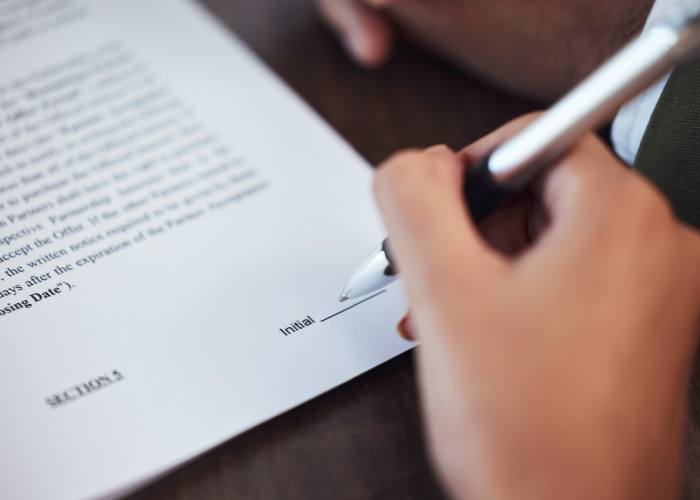
The Importance of Clear Communication
Clear communication is the cornerstone of a well-written will. It’s important to be as specific as possible when detailing who you want to benefit from your estate and what each beneficiary is to receive. This can help avoid potential disputes and misunderstandings among your loved ones after your death.
For example, instead of simply stating that you want to leave your jewellery to your daughter, specify which pieces you’re referring to. Similarly, if you’re leaving money to a charity, it’s crucial to include the charity’s full name, address, and registered charity number. This ensures that your gift goes to the right place without any confusion.
Remember, ambiguity in a will can lead to legal disputes, which can be costly and time-consuming. Therefore, clear and precise communication is key when writing your will.
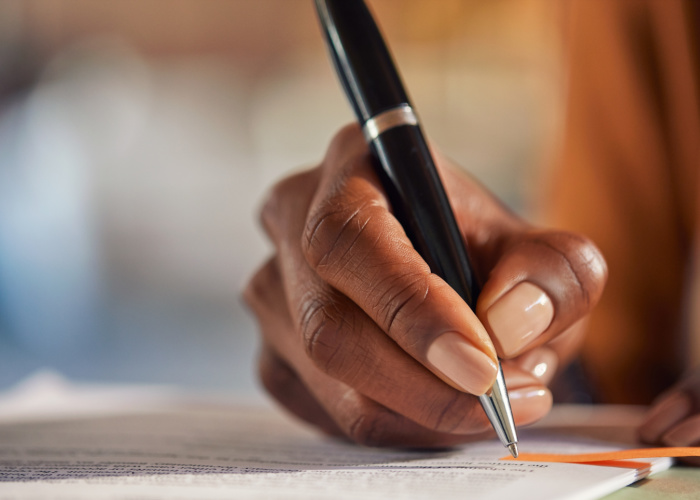
Final Thoughts
Writing a will is a serious task that requires careful thought and planning. By avoiding common mistakes and seeking professional advice, you can ensure that your wishes are respected and your loved ones are taken care of after your death. Remember, a well-written will is a final gift to your loved ones, a gift that spares them from the stress and uncertainty of dealing with an intestate estate. So take your time, seek advice if needed, and make your will a true reflection of your wishes.
And that brings us to the end of our discussion on what you should never put in your will in the UK. We hope you found this information helpful and that it makes the process of writing your will a little less daunting. Remember, the peace of mind that comes from knowing your affairs are in order is well worth the effort.
FAQs
What should I avoid including in my will?
You should avoid including conditional gifts, funeral arrangements, jointly held assets, gifts to pets, non-specific bequests, and gifts to vulnerable beneficiaries in your will.
What makes a UK will invalid?
A UK will can be made invalid if it is not properly signed and witnessed, if the person making the will is not of sound mind, or if there are suspicions of undue influence or fraud.
What can happen if you don’t have a will?
If you die without a valid will, you are said to have died intestate. In this case, your estate will be distributed according to the intestacy rules, which may not reflect your wishes.
Can I include my funeral arrangements in my will?
While you can technically include funeral arrangements in your will, it is not advisable as wills are often not read until after the funeral. It’s better to communicate these wishes separately to your loved ones or executor.
Can I include my overseas property in my will?
Laws regarding property vary from country to country. If you own property overseas, it’s advisable to make a separate will in that country.
Can I include my social media accounts in my will?
While it might seem like a good idea to include instructions for your online accounts, it’s better to use a separate document for this. Many social media platforms have their own policies for handling accounts of deceased users.
What happens if I include conditional gifts in my will?
Conditional gifts, where you make a gift dependent on a beneficiary fulfilling some requirement, can be legally problematic. Such conditions may be deemed void or otherwise fail.
Can I forgive debts in my will?
Attempting to forgive debts legally owed to you through a statement in your will is problematic. Your estate is entitled to collect any valid debts owed, so trying to cancel these debts will not be binding.
Can I include property that I don’t fully own in my will?
Only property that you fully own in your own name can be distributed through your will. Do not attempt to gift property that is not actually part of your estate.
What happens if I include inappropriate property in my will?
Including inappropriate property, such as assets you don’t own or jointly-owned items, can lead to disputes or confusion for your executor.
